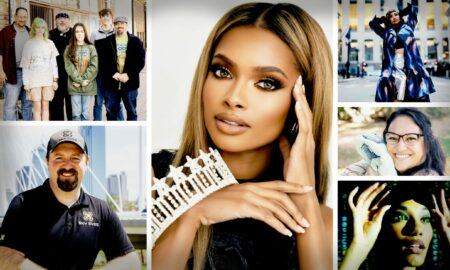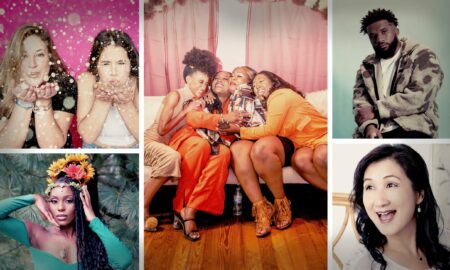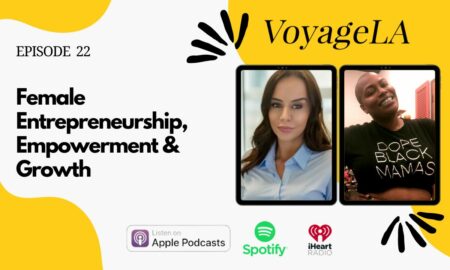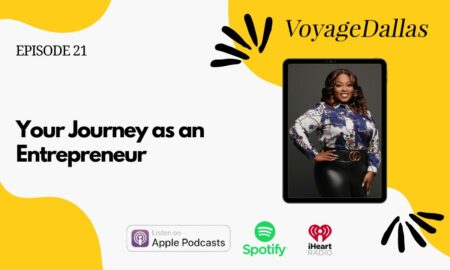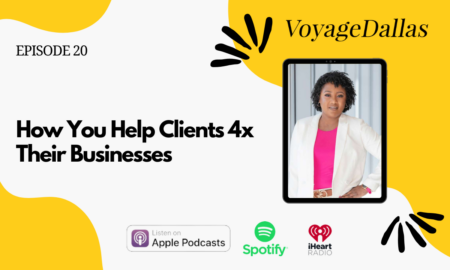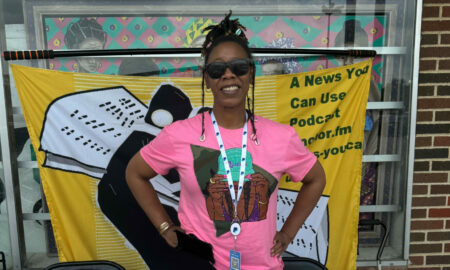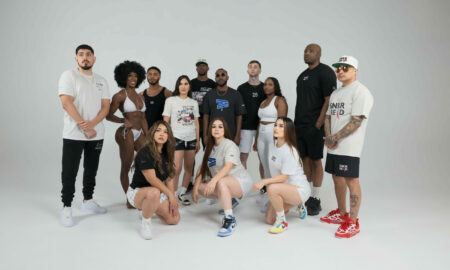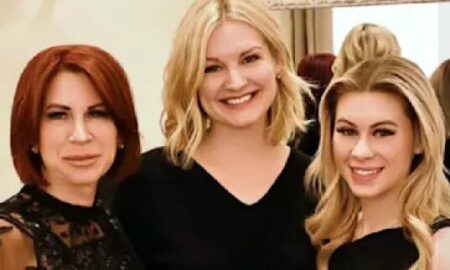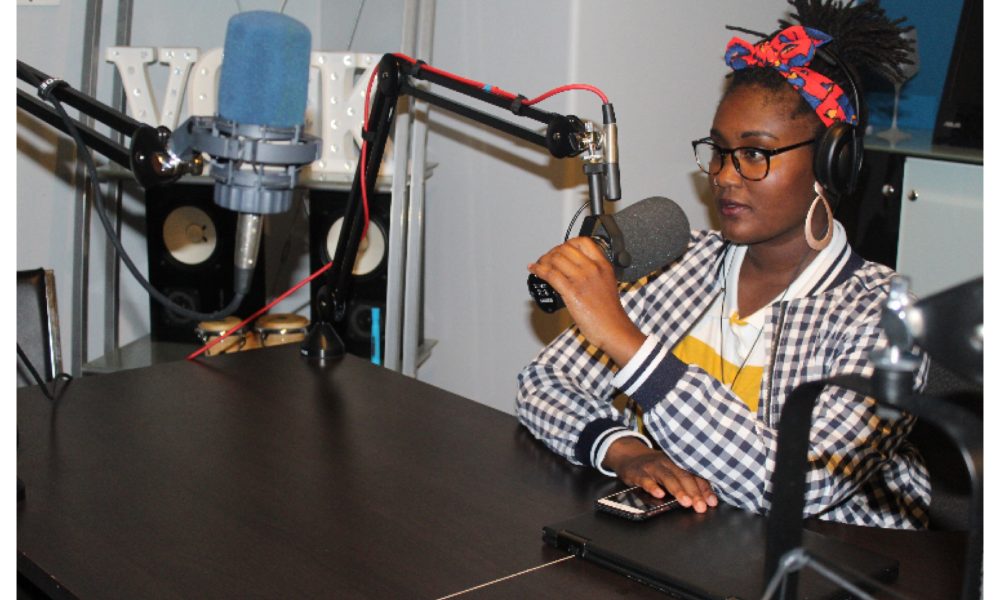

Today we’d like to introduce you to Celeste Graham.
Every artist has a unique story. Can you briefly walk us through yours?
I feel like the last five years of my life have culminated in really helping me to cultivate my ideas and what message I’ve wanted, for so long, to get out to the world. While I was in graduate school and studying to get my master’s degree, I started writing about gender and social issues that women face through an academic lens. I was initially studying to get my master’s degree in history, but after having a generally terrible start to my graduate career and getting out of an unfulfilling and relationship, I changed programs, began academically studying gender, and started really diving into how race, gender, and class define our everyday lives and what social equality could really look like if implemented throughout every area and level of society. I first started a blog and began publishing pieces there and with other independent blogs and websites. I did that for about a year and the experience was nothing short of cathartic for me. During this period of my life I generally felt alone and found out that I was suffering from depression and anxiety. Writing saved me. It was therapeutic in the sense that I felt like I was being heard when I’d generally felt like I had been silenced in so many other areas of my life. Accepting myself for who I was at that moment was the beginning of a very long journey of addressing what was making me so unhappy in my life and I felt like I was finally writing about the type of issues that would reach other women. I believed then, just as I believe now, that healing can and should be a communal effort, and there were women just like me, young and educated, that were going through the same things I was going through and coping with adulthood and the extreme expectations that are often placed on us. Understanding that mental health and the lives of black women aren’t always issues that are addressed nearly as much as they should be was the basis for turning my blog into a podcast, The Slayyyleste Show. The mission of my podcast and the conversations I have on air operate on the basis that healing involves dialogue where very hard questions have to be asked and answered.
Please tell us about your art.
I have a podcast called The Slayyyleste Show. Slayyyleste is a play on my first name, Celeste. It is centered around the intersectional issues that women face. I talk about everything, and my belief is that nothing is off-limits if addressed in a way that is respectful and inclusive. We live in a world that is increasingly divided, and as a creative and an academic, I feel like my responsibility is to curate conversations that inform, offer strategies for communal healing, and ultimately ask what alternatives we can imagine and implement. I chose the medium of podcasting because I’m able to more quickly and efficiently get out my thought as opposed to writing. Writing, although my first love, does not always produce the message I want without so much getting lost in translation. Speaking what I think out loud is so affirming for me and so many other women. What I want people to take away from my podcast is that they have a responsibility to engage in conversations that will make the world better and more equitable. I’m currently a doctoral student, and I’ve come to terms with the fact that because I study people and society that I have a responsibility to every community I enter to expose ideas that harm people and foster hate.
Given everything that is going on in the world today, do you think the role of artists has changed? How do local, national or international events and issues affect your art?
I think that art has always been either overt or covert commentary on the world that artists live in and inhabit. I think that artists are sometimes more inclined at certain times rather than other time to make social commentary through their art due to what is going on in the world. For example, Donald Trump is unfortunately our president right now. Many people, many artists, hate that. They’re vocal about the policies and practices he’s implemented that they don’t agree with, and they have every right to be. In addition to everything else I have going on, I’m also a 7th grade teacher at an all-boys middle school. I teach in a very poor part of Dallas and many of the boys I teach are either immigrants or the children of immigrants. Because of my own past with poverty and now teaching in a city and neighborhood where we have one of the highest child poverty rates in the nation, my art and social commentary often talk about class and wage disparities. I have a child, and I hate seeing some of the children at my school come to class hungry because their families literally can’t afford food to eat. My art reflects what I see, who I interact with, and what rocks me to my core. Right now, those issues are class and poverty.
How or where can people see your work? How can people support your work?
People can support my work by listening to my podcast. You can find me on iTunes or SoundCloud. Just search “The Slayyyleste Show”. I’m also on Instagram, my handle is @theslayyylesteshow. Facebook is also “The Slayyyleste Show”. Twitter is @slayyylesteshow. I’m active on all accounts. For collaborations or to potentially feature on my podcast, please send all inquiries to slayyyleste@gmail.com.
Contact Info:
- Phone: 9403129956
- Email: slayyyleste@gmail.com
- Instagram: https://www.instagram.com/theslayyylesteshow/?hl=en
- Facebook: https://www.facebook.com/theslayyylesteshow/
- Twitter: https://twitter.com/slayyylesteshow
- Other: https://soundcloud.com/celeste-graham-796615501





 Image Credit:
Image Credit:
Jennifer Hamilton
Jaren Collins
Getting in touch: VoyageDallas is built on recommendations from the community; it’s how we uncover hidden gems, so if you know someone who deserves recognition please let us know here.

